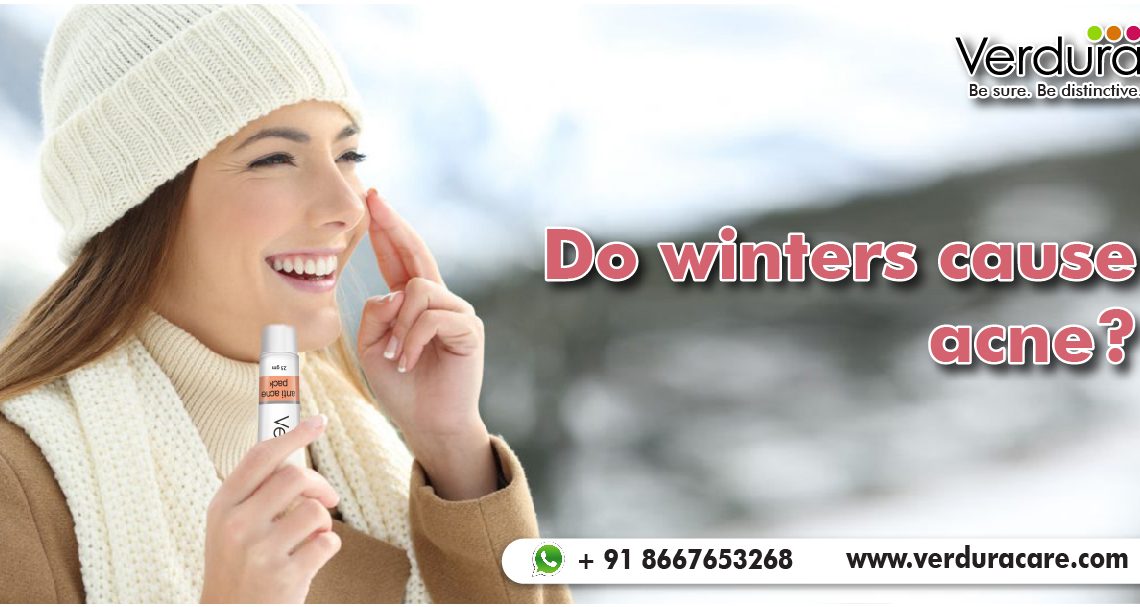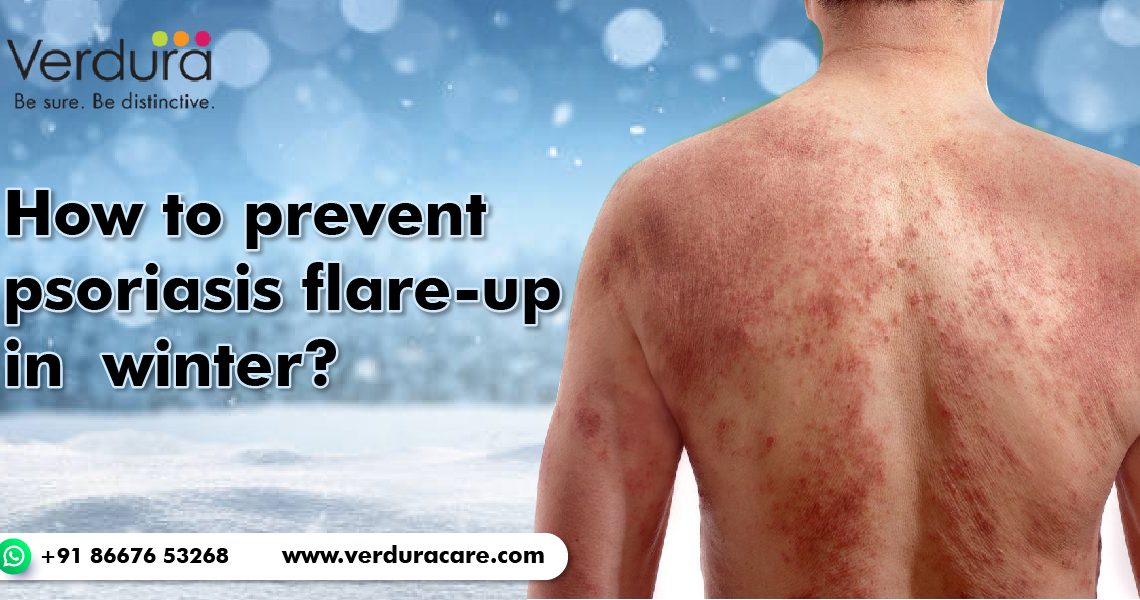Yes, winters cause acne due to dryness of skin. The dryer the conditions, the more sebum your skin will produce, and the more likely you are to suffer clogged pores and breakouts. Winter tends to be the driest time of the year, and so even people who typically have a clear complexion may notice a few more blemishes than usual.
The dry skin leads to development of black and white heads which eventually turn to acne.
The excess oil produced to combat the dryness will add fuel to the fire and leads to pimple formation. Sebum is a type of oil that the small glands of the skin secrete. Sebum helps to keep skin properly moist and supple, but too much can cause the cells in your skin to stick together. This can lead to clogged pores and breakouts, “T-zone”—basically, the forehead, nose and chin—contains more of these sebum-producing glands than almost any other part of body, which is why this area is prone to pimples.
Even scalp will develop dandruff and scalp scales falling on face also contributes to acne.
Preventing winter acne
The key to relief is to combat winter dryness and keep your skin hydrated. Hydrated skin creates less excess oil, which reduces the likelihood of breakouts. here are some tips to keep your skin acne free during this winter season
Stay Hydrated
So, the main reason why acne is bothering you in winter is the lower consumption of water. Our skin becomes dry because of the cold winter weather. Please ensure that you drink plenty of water to keep yourself hydrated and flush out the toxins.
Keep your face clean
The one thing that you need to take care of is using a face cleanser that doesn’t dry out .
your skin but rather hydrates it. The moist winter air can easily clog your pores with various pollutants. Cleaning and exfoliating are necessary for facial hygiene.
Moisturize,
We can’t emphasise enough how important it is to keep your skin moisturised in winter. A common mistake most of us do is using a moisturiser that is oil-based. If you have oily skin, you should prefer to use a water-based moisturiser or a facial gel. However, having oily skin doesn’t mean you can skip the moisturising part.
Avoid too much Exfoliation
excessive exfoliation can drain the essential oils from your skin and make it dry. Too much dryness can be a reason for winter breakouts.
Presenting the Verdura anti acne pack to keep your skin free from pimples. Verdura anti acne pack controls Sebum enhance exfoliation of dead cells and act against Acne/Pimples. Verdura anti acne pack help to remove skin clogging and occlusion.





